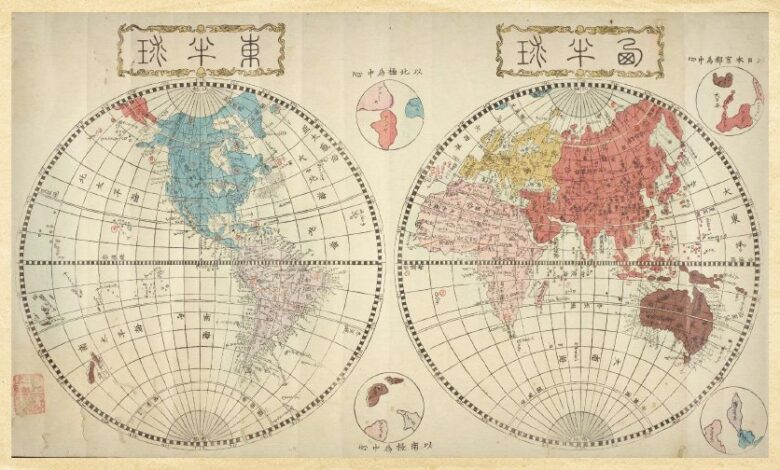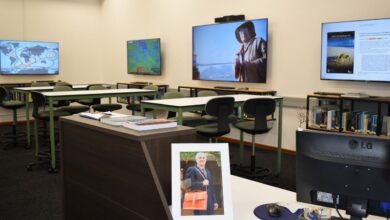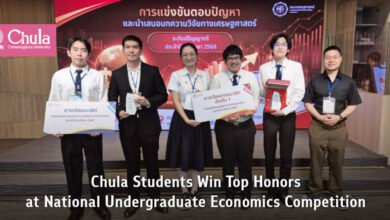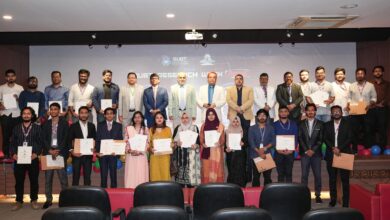New Center for Integrated Japanese Studies at Tohoku University Aims to Transform Global Scholarship

Tohoku University has established the Center for Integrated Japanese Studies, aiming to reshape the field of Japanese studies on a global scale. The initiative intends to position the university as a significant hub for research and scholarship in this domain.
Vision and Leadership
Professor Christopher Craig, who serves as the chief architect of the Center as well as head of research and international development, has articulated a vision focused on integrating various scholarly traditions from both Japanese and international contexts. This approach seeks to create a more comprehensive merging of disciplines than has been previously accomplished.
Primary Forms of Integration
The Center has identified three primary forms of integration. The first concentrates on the intersection of academic traditions from Japan and abroad. The second seeks to unite methodologies from the humanities with scientific approaches, particularly through the use of digital technologies. The third emphasizes collaboration among diverse fields, encompassing the humanities, social sciences, and natural sciences.
Global Context of Japanese Studies
The Center approaches Japanese history, literature, and culture as components of a broader global context, positing that “Japanese history is global history as experienced in Japan.” This perspective influences the structure of Japanese studies internationally, where they are often situated within larger disciplinary frameworks.
Faculty Recruitment and Commitment
An important strategy of the Center includes the recruitment of 16 to 18 international faculty members over the next five years. These positions will provide secure tenure-track opportunities with pathways for advancement, reflecting the Center’s commitment to cultivating a diverse and inclusive academic environment.
Innovative Research Methodologies
In the ongoing recruitment process, the Center is seeking scholars who demonstrate innovative research methodologies and an openness to traverse disciplinary and geographic boundaries.
Collaborations and Partnerships
Since its inception, the Center has garnered interest from notable institutions such as the Japan Foundation, which has designated it as a location for two annual research fellow positions. Furthermore, the foundation’s annual Research Fellows conference will be hosted in Sendai this year, a shift from its traditional venues of Tokyo and Kyoto.
The Center has also joined a digital humanities consortium as a founding member and has established partnerships with the International Research Center for Japanese Studies (Nichibunken). Collaborative projects with universities in Rome, Athens, Georgia, and Ghent will feature exchange programs and joint research efforts.
Aiming for Global Leadership
The ambitious goals of the Center highlight Tohoku University’s aim to become a leading name in the future directions of Japanese studies and the humanities on a global scale.
(Source: Tohoku University)




